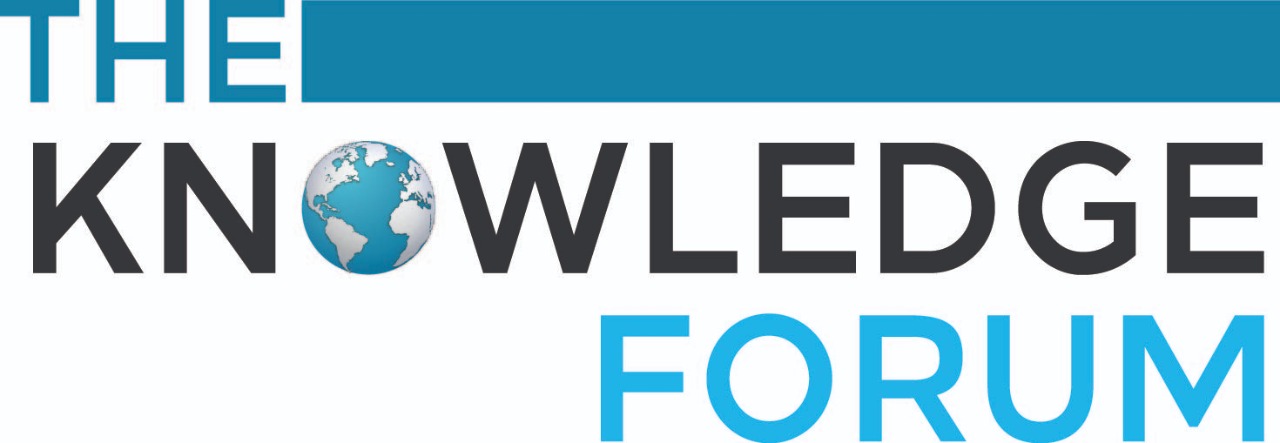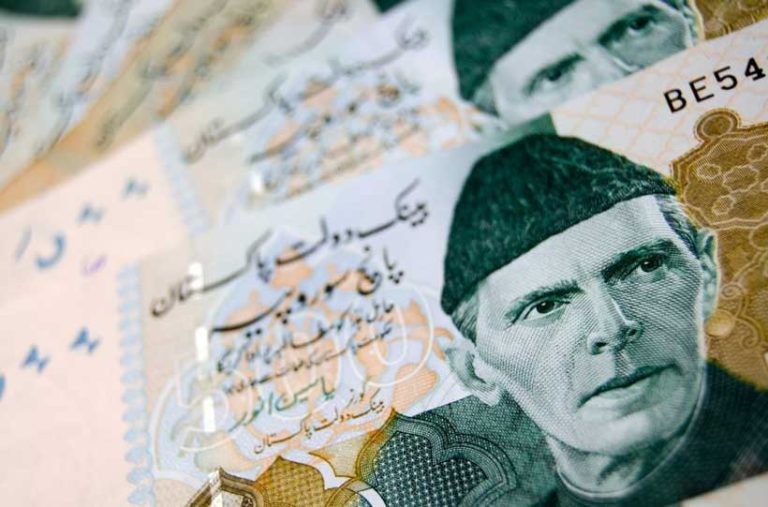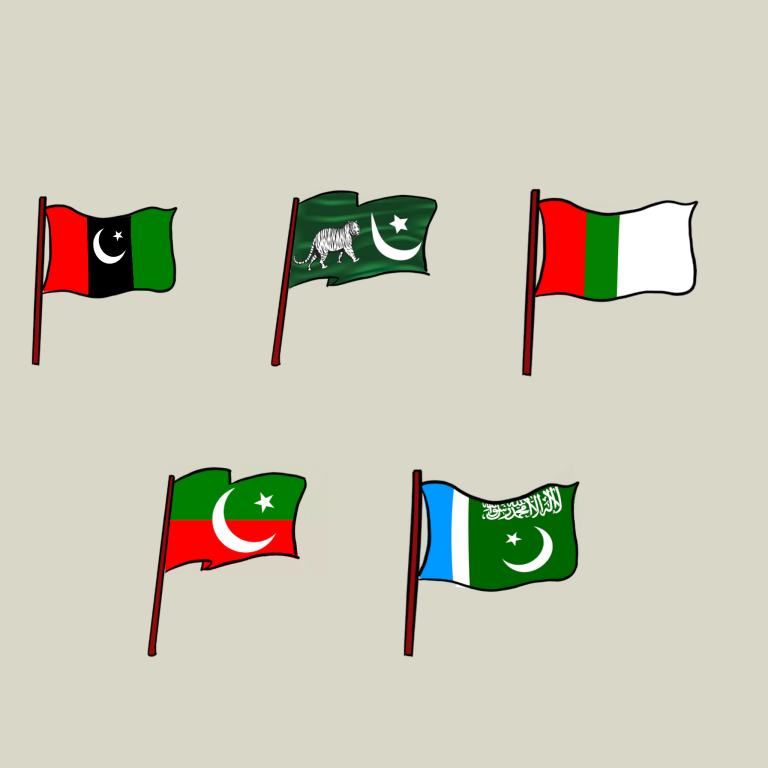Maryam Nawaz, one of the top leaders of Pakistan’s prominent political party – Pakistan Muslim League (Nawaz) – in her speech on 21st March 2021 urged the ‘Punjabis’ to stand up for their rights. Historically, such statements are used to be made by the nationalist politicians of Sindh, Balochistan and Khyber Pakhtunkhwa provinces. Regardless of its pretext, the consequences of such remarks should be well thought out by a mainstream political leader given that it may fuel ‘identity politics’ in the largest province of the country instead of promoting a sense of common destiny between the people of the country.
Political polarization, being widely discussed across the globe these days, is described as the divergence of political attitudes is normal and useful in democracies because it helps citizens in distinguishing their political choices. However, severe polarisation becomes a threat because it results in destroying democratic rules and institutions. For instance, populist leaders of the US, Poland, India, Kenya and Brazil have put the democracies in danger in the recent past. Yet we need to study the patterns of polarisation in different parts of the world and whether they emerged as a result of political leadership or the advent of social media, or else. Experts argue that populist leadership emerged as a result of pre-existed polarisation. Whatsoever the case may be, the divergence of political attitudes introduced in Pakistan can be characterised as an amalgamation of the Chinese model of economic development, the Turkish model of Islamic socialisation and the western models of liberal democracies.
Given the fact that polarization is rooted in Pakistan on the basis of multiple identity markers including ethnicity, socioeconomic inequalities, linguistic and demographic divisions, and religious and sectarian prejudices. Yet, our conscious attempt to create unity between diverse communities on ‘religious grounds’ has resulted in distracting Pakistan’s political as well as social discourse at large. Nevertheless, Political division in the country has escalated very quickly within the past few years, on a pattern similar to many other countries, became a super-cleavage and has overridden all other divisions. For example, it is likewise in the US where being a Democrat or Republican has become a most important identity marker. Interestingly in Pakistan, one’s identity marker may be a follower of populist leader Imran Khan or the opposite side – either conservative, centrist or leftist.
Experts posed another argument that growing economies ease the polarisation. Whereas studies reveal that the growth of the middle class in India has led to rising support for polarising Hindu nationalist narrative. Nevertheless, the populist narrative succeeded in Pakistan at a time when the country’s GDP growth rate was 5% and climbing up, which has now declined to below 2 per cent.
Recent developments demonstrate that a faction of political affiliates in Pakistan, on a pattern similar to the US and some other countries, are violently opposed to democratic order, yet, consider themselves to be the true democrats. A narrative built around the corruption of political leadership, like the issue of imposing a ban on abortion in Poland, has led to curtailing the democratic process, intensifying anti-democratic behaviours as well as growing political extremism in the country.
Undermining the independence of the judiciary and weakening democratic institutions, some of the key features of political polarisation, are quite evident in Pakistan. For example, the Election Commission of Pakistan and the National Accountability Bureau (NAB) are being accused by political opponents of playing a partisan role in their routine practices. Reciprocal attacks on judicial institutions have damaged their ability to arbitrate a conflict as well as heightened the distrust between opposing sides. For instance, Islamabad High Court has recently reverted the issue of Chairman Senate Elections back to the parliament.
Increased polarisation has gridlocked legislature in Pakistan given that it has shattered basic democratic norms of mutual respect and compromise between opposing political views on broader public policy issues. Hence as a result, unlike the previous two successive democratic governments who delivered on the 18th Constitutional amendment and election reform, the existing populist regime, on the other hand, could not make it possible to deliver on any issue of public importance.
Pakistan’s transitional democratic discourse shows a trend of increasing the use of ‘toxic views’ and deepening the ‘politics of fear’ which experts characterise as some of the key dangers of political polarisation. As a consequence, the pre-existed fashion of labelling Kafirs (infidels), traitors or Indian, Jewish or American agents to the people with different opinions has increased manifold in Pakistan over the last couple of years. Moreover, an ongoing clash of words between political opponents on social media, including on the health issues of leading political opponents Nawaz Sharif and Imran Khan, shows a tendency of polarisation beyond ethical values. The much-heightened culture of political intolerance has made it difficult for opposing sides to keep the political competition within limits and to accept electoral defeat which is crucial to continue the democratic process.
Mounting arguments in favour of the presidential order in replacement of the existing parliamentary system and repeated efforts to neutralise or reverse the 18th Constitutional amendment can be characterised as ‘re-writing the fundamental rules’ which, according to the experts, is another key danger of political polarisation. A centralised approach to govern, as has been experimented with many times during the dictatorship regimes, would result in reverberating the multi-layered polarisation throughout the society as well as poisoning the relations between federating unites which possibly can impact the national integrity.
Political polarization is Pakistan has emerged as a serious challenge. Experts argued that it escalates swiftly and drags the countries into a downward spiral of anger and division, as is quite obvious in the case of Pakistan. However, it requires political stakeholders to immediately start working on possible solutions before it further erodes the country’s unconsolidated democratic system. Some of the possible solutions, as being experimented in other countries, include decentralisation of political powers; legal or judicial actions to limit polarisation and majoritarianism; and developing consensus between political opponents around democratic rules and key public policy issues.
Note: this write-up has been framed based on the findings of Carnegie’s research ‘How to Understand the Global Spread of Political Polarisation’, 2019.
by: Muhammad Rafique
The Writer is a Human Rights and Democracy Expert. He can be reached at rafiquepak@yahoo.com



